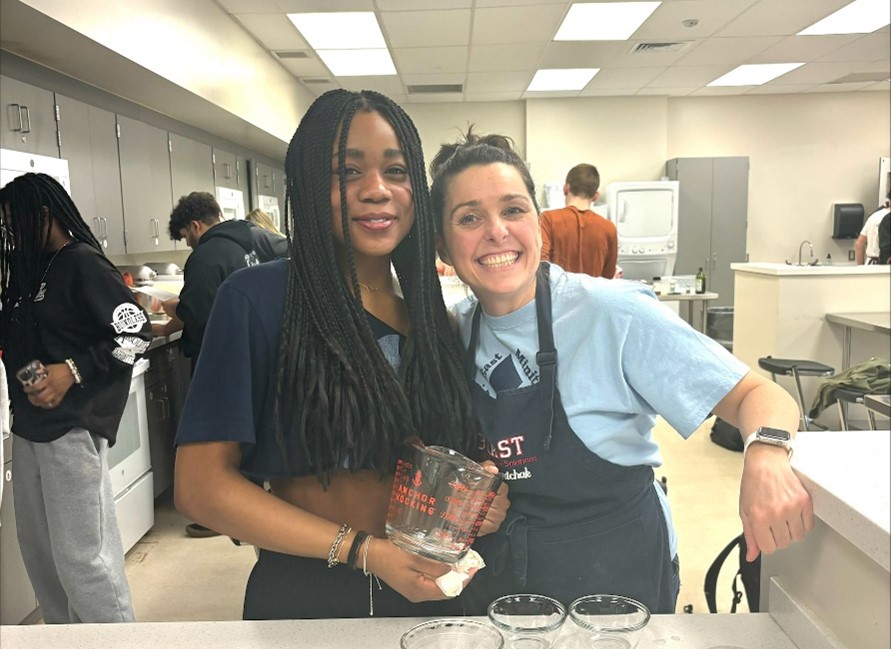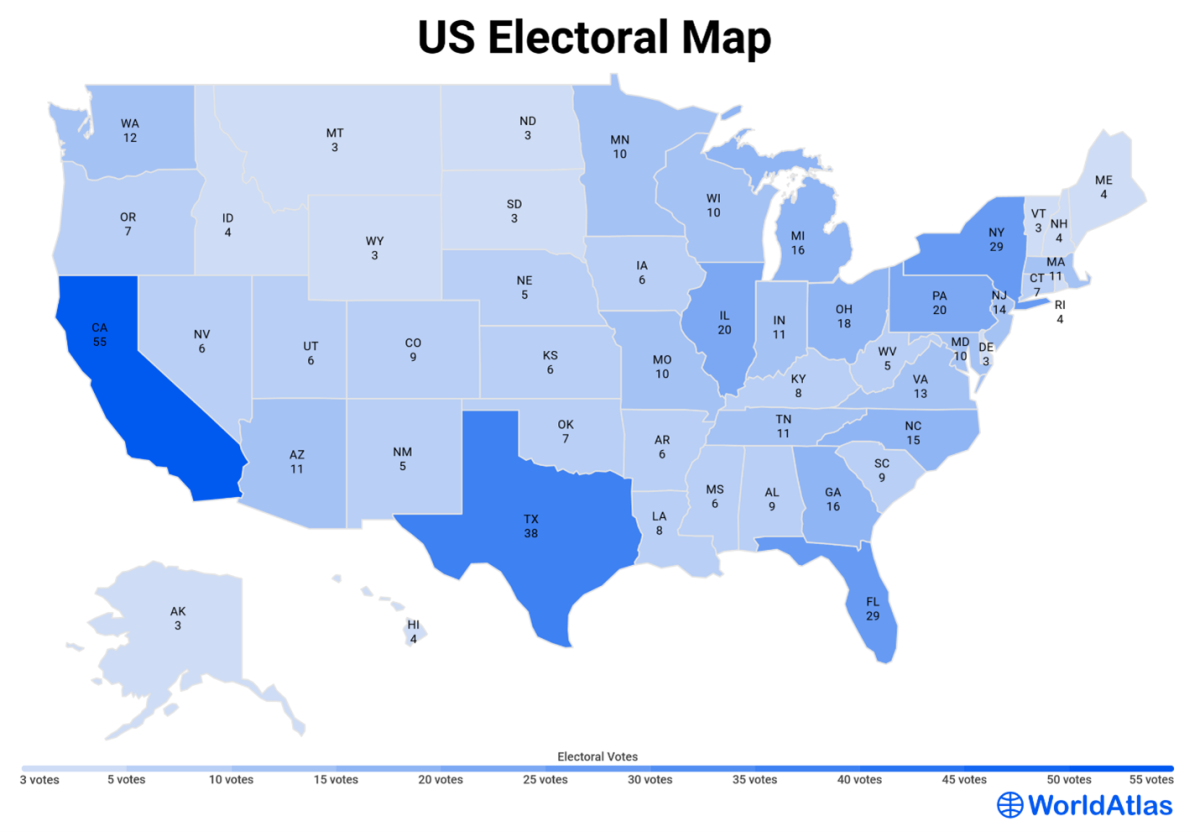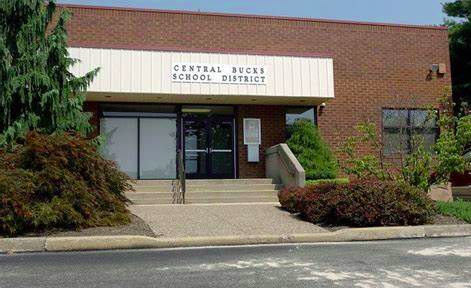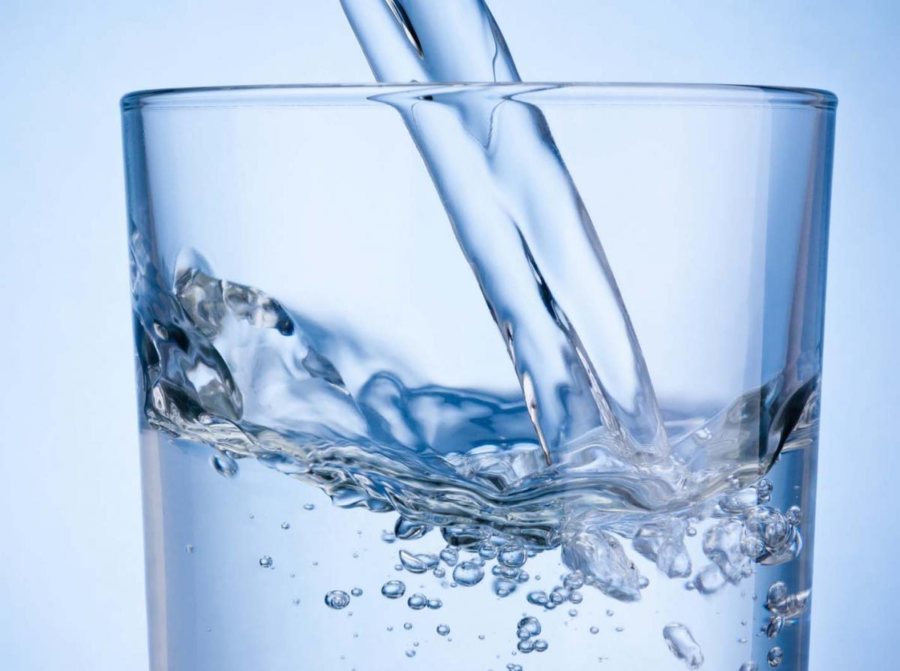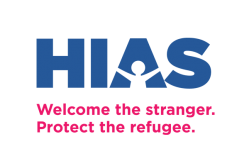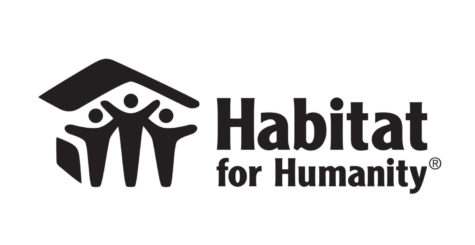Is Our Water Safe to Drink?
October 1, 2022
Clean water access is an important concern for Bucks County families and rightfully so. In 2019, the water at several Central Bucks schools tested positive for lead, including multiple elementary schools as well as CB East. This week, the US Environmental Protection Agency awarded PA $240 million towards clean water infrastructure. In addition, Governor Tom Wolf approved a $5 million grant for the Warminster Municipal Authority, a company that supplies water through Warminster Township, Ivyland Borough, and Warwick Township. This grant is intended to fight perfluoroalkyl and polyfluoroalkyl substances, or PFAS for short.
PFAS, known as “forever chemicals” because they do not degrade in the environment have been detected in high levels in local water supplies due in part to the foams firefighters use. Intensive use of firefighting foam during training at the local Willow Grove naval base has resulted in large groundwater contamination. Studies have shown that approximately 85,000 residents from Bucks and Montgomery counties had their water supplies contaminated by these chemicals. Temple University is currently conducting studies linking cancers in the Warminster and surroundings area to wells with history of high levels of PFAS.
In March, Bucks County Commissioners and the District Attorney Office filed a joint lawsuit against a group of local companies manufacturing and selling products containing PFAS. According to the District Attorney, the defendants “designed, manufactured, marketed, and sold these products including firefighting foam knowing that their use would cause toxic chemicals to be released into the environment” and did not attempt to take action.
There are various ways to protect yourself from PFAS. One of these is to refrain from non-stick cookware. Often, they contain chemicals that are serious when heated. Another precaution is to utilize less heat while cooking.
It is also recommended to stay away from microwave popcorn. Similar to other foods, these contain preservatives, PFAS among some. Studies have also shown that various plastic take out boxes can have PFAS, so when going out to eat, it is much safer to use reusable containers. Lastly, health officials highly advise self-treating drinking water. Methods often include carbon filtration, boiling, or even switching your water source altogether.
PFAS is a dangerous issue that can be amended to. Although it is difficult to eliminate all forms of chemicals in water, options like self-treatment and reusable materials are simple ways to protect water quality. Hopefully, the local filtration will improve and water will be safe for all.




